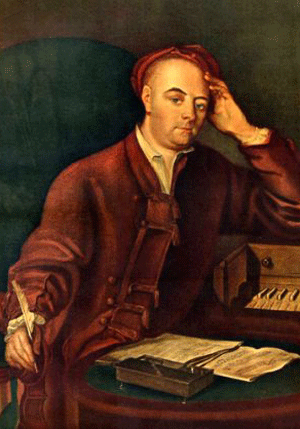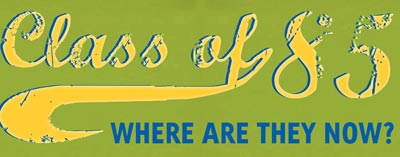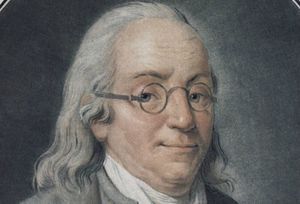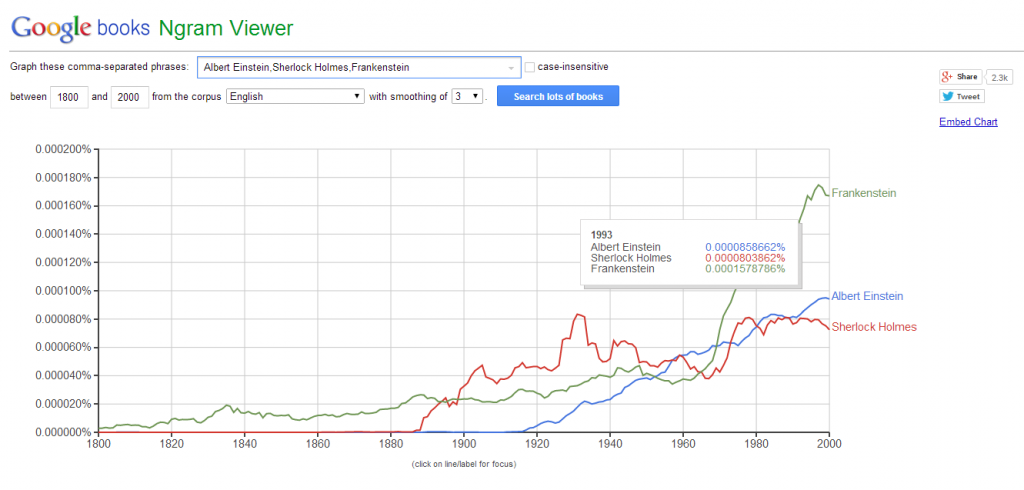I called my doctor’s office yesterday to schedule my pre-checkup blood work. I found out that the doctor needed to reschedule my semi annual check up. So instead of seeing her in a couple of weeks, I will be seeing her in August.

This is a kind of a reprieve for me because I have vainly been trying to shed the four or five pounds I have gained since my last appointment. Cool.

In order to do this, I have to cut back on my drinking (which is also healthy for me, no doubt), since I have a habit of having several glass of wine every evening and then snacking as I do so.

Of course I illogically celebrated this reprieve with a backyard martini with my lovely wife last night.

Oy vey.

Reading in Bach: Music in the Castle of Heaven by Gardiner yesterday I discovered a fun fact.

I was aware that Bach made his famous visit to Marienkirche in Lübeck, where Buxtehude presided over a fascinating music program. I also knew that Bach had decided not to accept the offer of being Buxtehude’s successor at his gig. This is largely attributed to the fact that one of the stipulations was that the successor was to marry Buxtehude’s daughter.

I did not know that Handel and Johann Mattheson (a composer who was more well known then than now) had also considered and rejected the post.

“‘Handel came to Hamburg in the summer of 1703 rich only in ability and good intentions,’ Mattheson characteristically wrote later. ‘I was almost the first with whom he made acquaintance. I took him round to all the choirs and organs here, and introduced him to operas and concerts.’ [Mattheson, Grundlage einer Ehren-Pforte 1740] In August they travelled together to Lübeck — full of camaraderie and bravado, and trying to outsmart each other composing ‘numerous double fugues in the carriage’ — ostensibly to audition for Buxtehude’s post as organist of the Marienkirche. But there was a snag: marriage to the outgoing organist’s mature daughter was apparently part of the deal, and they both shied away, neither feeling ‘the smallest inclination’ in that department.”
This is from Gardiner’s cleverly entitled chapter: “The Class of ’85.”

In this chapter, he remarks not only on the three composers born in the same year of 1685: Bach, Handel and Scarlatti, but also points to other of their contemporaries who also were born at about the same time: Telemann,

Mattheson,

and Rameau.
Gardiner is making a point that of this promising generation, Bach was the longest shot to gain posterity’s imprimatur.
I discovered another Google tool this morning: the Google NGram.
It will apparently search a database of 5.2 million books for a word or phrase and then graph it’s appearance.
It was footnoted in The Biography of the Book of Common Prayer by Alan Jacobs.
It amuses me that I keep stumbling across stuff reading this arcane little book.


_-_001.jpg)
